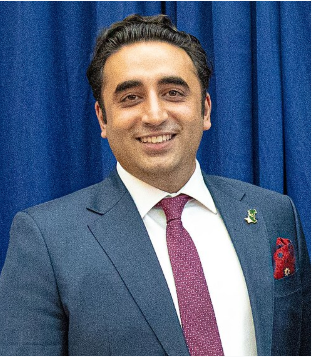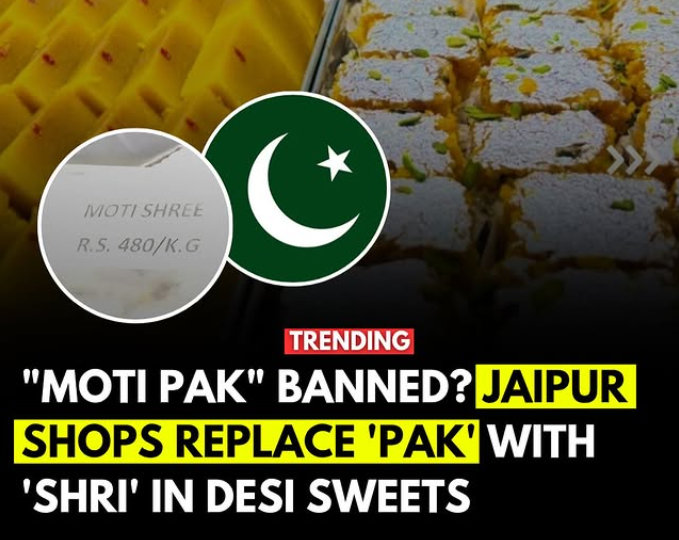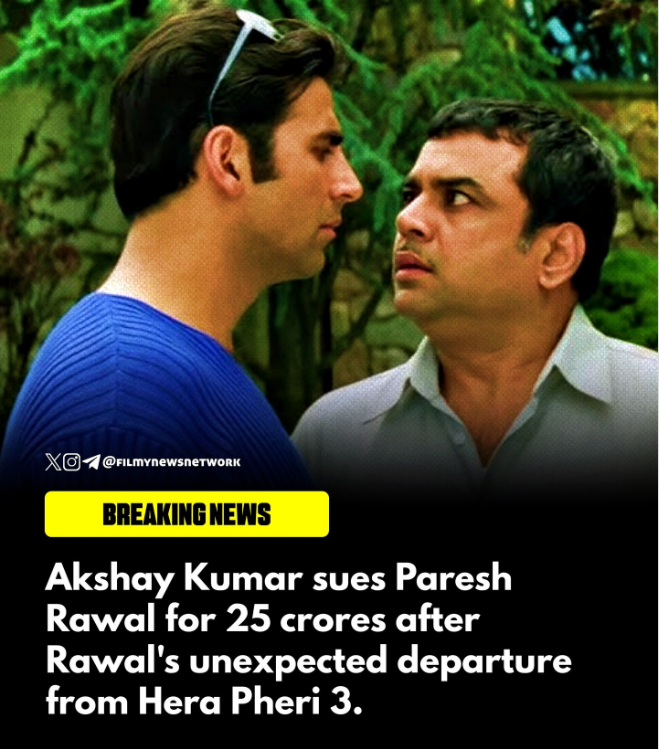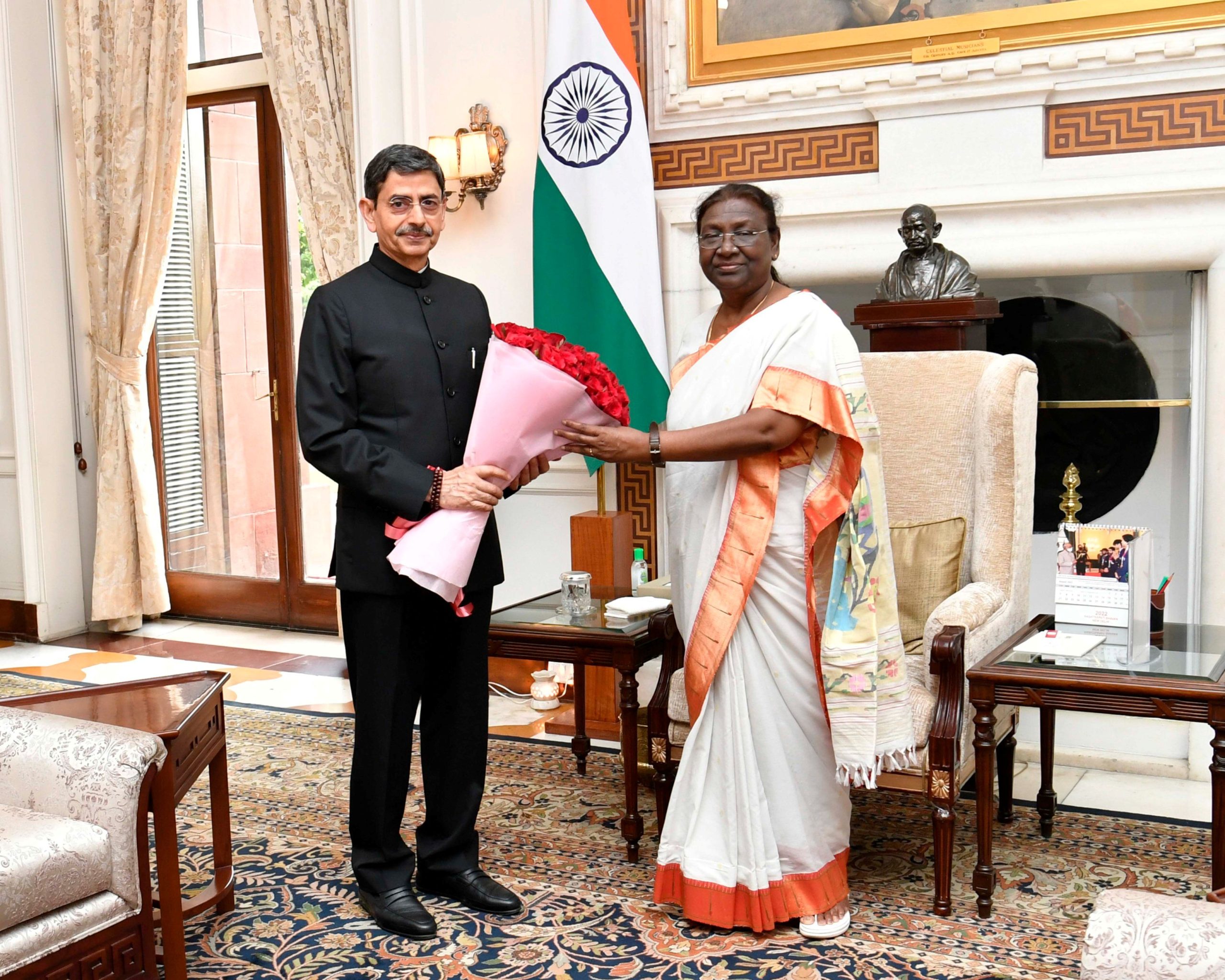
A Constitutional Discourse Involving Droupadi Murmu and Key Figures
The recent constitutional debates surrounding, and the Supreme Court have sparked significant discussions in India’s political and judicial circles. The interactions between constitutional authorities, including Vice President Jagdeep Dhankhar and Chief Justice Bhushan Ramkrishna Gavai, have raised critical questions about the balance of power and judicial independence.
This blog delves into the ongoing discourse, examining the roles of Droupadi Murmu, R N Ravi, and the Supreme Court, while analyzing the broader implications for India’s democratic framework.
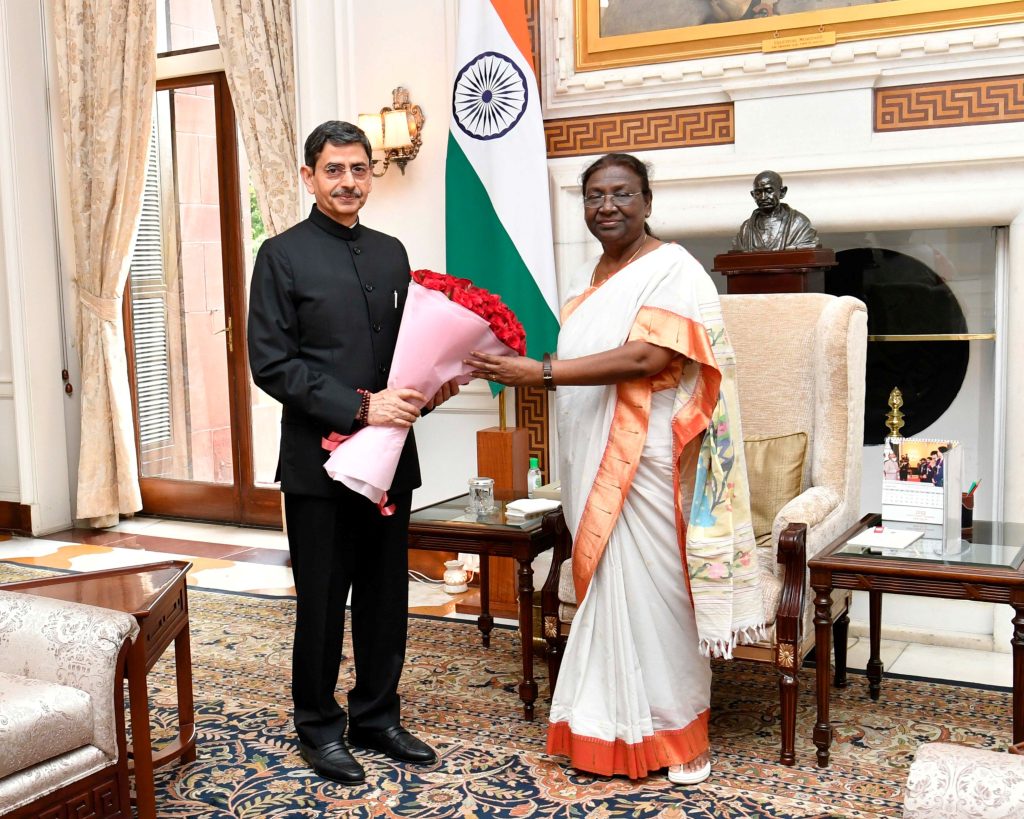
Droupadi Murmu’s Presidency and Constitutional Responsibilities
Droupadi Murmu, India’s first tribal woman President, has been a symbol of empowerment and inclusivity. However, her tenure has also seen moments where her constitutional role has intersected with contentious political and judicial matters.
As the head of the state, President Droupadi Murmu plays a crucial role in upholding the Constitution. Recent discussions have revolved around her decisions regarding gubernatorial appointments, particularly concerning R N Ravi, the former Governor of Tamil Nadu. Ravi’s controversial tenure and subsequent resignation have brought scrutiny to the President’s office and its advisory mechanisms.
Key Questions:
- How does Droupadi Murmu navigate political pressures while maintaining constitutional integrity?
- What role does the President play in mediating conflicts between state governors and elected governments?
Source: CNN New 18
R N Ravi and Supreme Court: A Clash of Authority?
R N Ravi, a former IPS officer turned politician, served as the Governor of Tamil Nadu before his resignation. His tenure was marked by frequent disagreements with the state government, leading to legal battles that reached the Supreme Court.
The apex court’s interventions in disputes involving R N Ravi have reignited debates on:
- The extent of a Governor’s discretionary powers.
- The judiciary’s role in resolving conflicts between constitutional authorities.
Supreme Court’s Stance
The Supreme Court, under the stewardship of judges like Chief Justice Bhushan Ramkrishna Gavai, has emphasized the need for Governors to act within constitutional bounds. The court’s rulings have often reinforced the principle that Governors cannot obstruct elected governments indefinitely.
Vice President Jagdeep Dhankhar’s Remarks on Judicial Overreach
Vice President Jagdeep Dhankhar has weighed in on the matter, expressing concerns about the judiciary’s expanding role in governance. He referred to the Supreme Court’s use of Article 142, which allows the Court to pass orders necessary for complete justice, as a “nuclear missile against democratic forces.” Dhankhar’s remarks underscore the tension between the executive and judiciary regarding the boundaries of their respective powers.
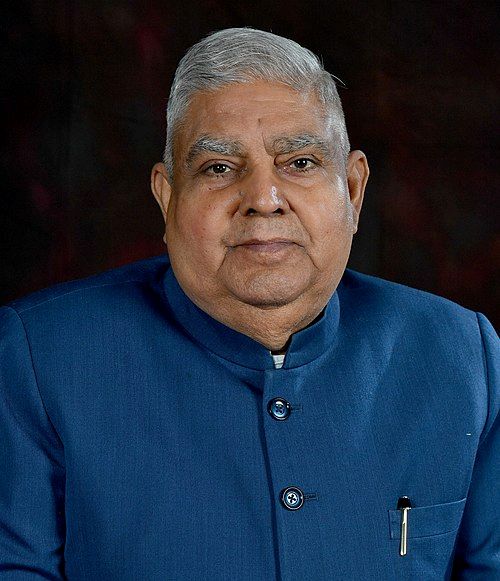
Key Highlights:
- Dhankhar has argued that Parliament’s sovereignty should not be undermined by judicial interventions.
- Legal experts have countered that the judiciary acts as a check against potential legislative excesses.
- This tension between the executive and judiciary underscores the delicate balance required in India’s democratic setup.
Chief Justice Bhushan Ramkrishna Gavai’s Role in Upholding Independence
Chief Justice Bhushan Ramkrishna Gavai, a prominent figure in the judiciary, has been instrumental in addressing constitutional conflicts involving Governors like R N Ravi. His judgments have often reinforced the idea that constitutional authorities must function within defined limits.
Notable Observations:
- The Supreme Court, under Justice Gavai, has stressed the importance of Governors adhering to the advice of elected governments.
- The judiciary’s interventions aim to prevent arbitrary use of power by appointed officials.
Read also: Pakistan’s Deputy PM Ishaq Dar Announces Extension of India-Pakistan Ceasefire
Droupadi Murmu and Constitutional Harmony
The interplay between President Droupadi Murmu, R N Ravi, the Supreme Court, and other key figures like Vice President Jagdeep Dhankhar highlights the evolving dynamics of India’s constitutional governance.
Key Takeaways:
- Droupadi Murmu’s leadership is pivotal in ensuring that constitutional norms are respected.
- The Supreme Court remains a critical arbiter in disputes involving Governors and state governments.
- Debates initiated by Jagdeep Dhankhar reflect ongoing tensions between legislative and judicial powers.
As India navigates these complex issues, the roles of Droupadi Murmu, R N Ravi, and the Supreme Court will continue to shape the nation’s democratic trajectory. The need for dialogue, mutual respect, and adherence to constitutional principles remains paramount.
